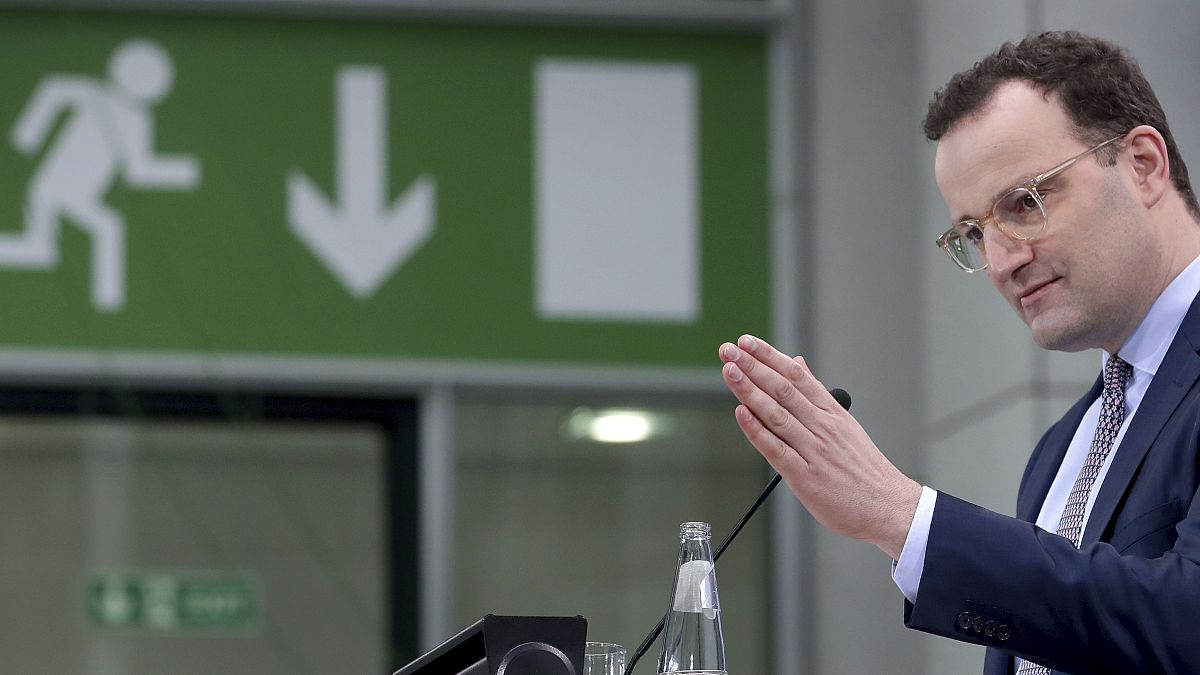Health Minister Jens Spahn blamed the slow start of Germany's #vaccine campaign on a global shortage of doses.
Germany’s health minister defended the slow start of the country’s coronavirus vaccine campaign on Wednesday amid soaring infection numbers and a tighter lockdown.
“The problem is the shortage of production capacity with global demand,” Health Minister Jens Spahn told reporters in Berlin, adding that he understood the desire for a faster rollout.
Germany has faced criticism that it has failed to procure enough vaccine doses to speed up the nationwide campaign amid the high infections and hospitalisations.
“We’re in a much worse position than other countries,” said Lars Klingbeil, the general secretary of the Social Democratic Party. “It can’t be that the country where the vaccine is created has too few doses.”
On Tuesday, Germany’s disease control agency said 11,897 more coronavirus cases were confirmed in the past 24 hours, up from 9,847 registered on Monday.
German Chancellor Angela Merkel announced an extension and tightening of coronavirus lockdown restrictions on Tuesday.
Yet the country has been relatively fast in rolling out vaccines, compared to many other EU countries.
France, for example, inoculated just 516 people in the first week since the vaccine was delivered, compared to over 230,000 in Germany.
Millions of doses expected
Germany expects to receive more than 5.3 million doses of the Pfizer-BioNTech vaccine by mid-February, Spahn said on Wednesday.
A further 2 million doses are expected to be delivered during the first quarter following the approval of the Moderna vaccine by European regulators this Wednesday.
Spahn said Germany would get a total of 130 million doses of vaccine from the two suppliers by the end of the year -- enough to vaccinate about three-quarters of the country's population.
Further orders have been placed with other suppliers whose vaccines have yet to be approved in the European Union.
Spahn added that Germany is working with BioNTech to open a new production site in Marburg as early as next month.
France accused of being behind vaccine shortage
Earlier this week, German politician Karl Lauterbach accused Paris of preventing the EU from buying too many Pfizer-BioNtech jabs to favour French competitor Sanofi, whose vaccine is still under development.
French Deputy Minister for European Affairs Clément Beaune said the accusations were "unacceptable and false".
“What have we done at [a] European level? We played as a team and signed contracts with six major vaccine companies.” Beaune told French television on Tuesday, adding that no country in the world could rely on a single vaccine.
